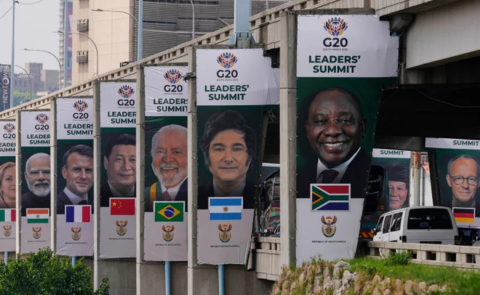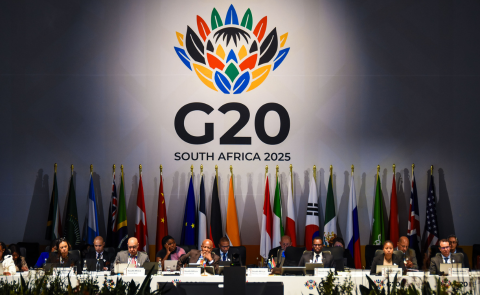Strengthening ties: U.S.–India academic exchange
India and the U.S. share a comprehensive global strategic partnership across trade, technology, defence, and education, yet high school exchanges remain overlooked. The ecosystem depends on two U.S. government-backed programmes, which have recently faced budget cuts of 90% and have both been paused, putting their future at risk. Nina Robinson, CFR International Affairs Fellow, explains why these exchanges matter and how their loss would limit opportunities for young students.










